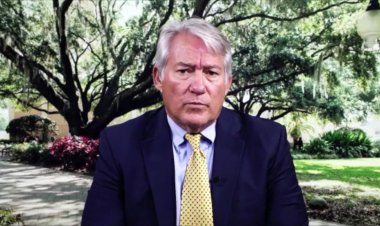UN Overhaul Proposed as Global Voices Call to Abolish Security Council Veto

Reimagining the United Nations Charter: A Call for Democratic Global Governance
The United Nations was founded in 1945 with a noble vision: to maintain international peace, foster cooperation, and uphold the dignity of all nations. Yet, nearly eight decades later, the structure of the UN — especially the Security Council — reflects the geopolitical power dynamics of a bygone era rather than the democratic aspirations of the 21st century.
At the core of this imbalance lies the veto power held by the five permanent members of the Security Council. This undemocratic privilege enables any one of these countries to block resolutions, even those supported by the overwhelming majority of member states. It has repeatedly paralyzed the UN's ability to respond to humanitarian crises, war crimes, and threats to international peace.
It is time to rewrite the United Nations Charter.
We must establish a truly democratic system of global cooperation where no single nation wields disproportionate power. The reformed charter must:
1. Abolish the Veto Power: All member states should have equal voting rights in the Security Council. Decisions must be made based on a qualified or simple majority, reflecting the collective will, not the political interests of a few.
2. Implement Representative Decision-Making: Voting systems should be redesigned to reflect both sovereign equality and proportional global impact — balancing the voice of smaller nations with those of larger populations and economies.
3. Strengthen Accountability and Transparency: All decisions, peacekeeping missions, and sanctions should be subject to public justification and review, ensuring that the UN serves humanity rather than power blocs.
4. Enhance Regional Participation: Empowering regional bodies and including rotating non-permanent members ensures that all continents and cultures are part of the global conversation.
The world has changed. Emerging powers, developing nations, and civil societies demand a seat at the table. If the United Nations is to remain relevant and effective, it must evolve from a relic of post-WWII power politics into a genuine platform of global democracy.
This is not just a political reform. It is a moral imperative.















